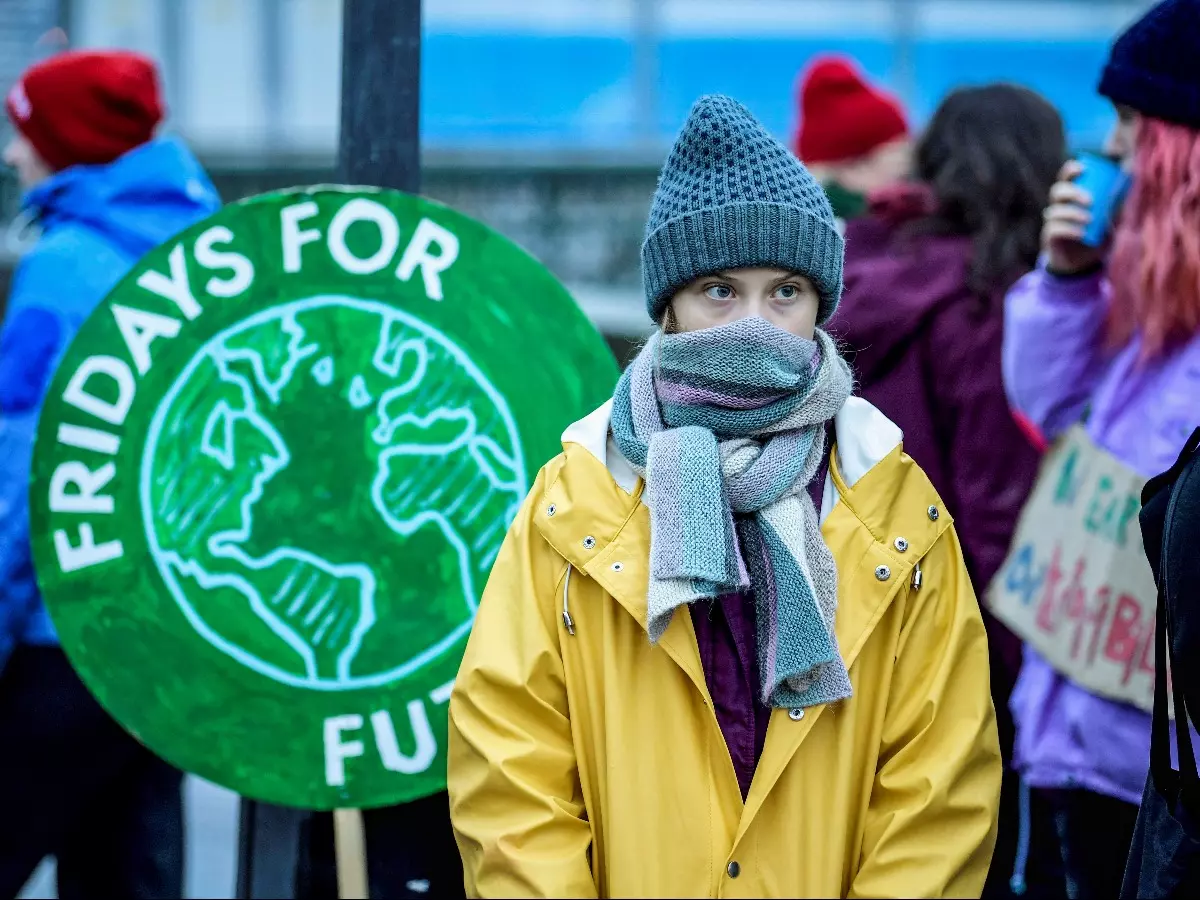2019 Was The Second Hottest Year On Record But Many Are Still Denying Climate Change
Amid rising concerns of global warming and climate change, the European Union's climate monitor has said that the year 2019 was the second hottest ever recorded and a virtual tie with 2016, the warmest El Nino year.

Amid rising concerns of global warming and climate change, the European Union's climate monitor has said that the year 2019 was the second hottest ever recorded and a virtual tie with 2016, the warmest El Nino year.
According to data released by the Copernicus Climate Change Service (C3S), worldwide temperatures were just 0.04 degrees Celsius lower than 2016, when temperatures were boosted 0.12 degrees Celsius by a once-in-a-century El Nino natural weather event.
¡°2019 was a very hot year, with global average temperatures the second highest on record. Only 2016 was hotter, and not by much ¡ª less than one-tenth of a degree Fahrenheit.¡± https://t.co/0KmvbQz3zL
¡ª Greta Thunberg (@GretaThunberg) January 8, 2020
The five last years have been the hottest on record, and the period of 2010-2019 was the hottest decade since records began, C3S said.
Globally temperatures in 2019 were 0.6 Celsius warmer than the 1981-2010 average. Earth's temperature over the last five years was 1.1C-1.2C warmer than pre-industrial times.
Last year was Europe's hottest ever.
"2019 has been another exceptionally warm year, in fact the second warmest globally in our dataset, with many of the individual months breaking records," said Carlo Buontempo, head of C3S.
Last month was the second-hottest November in recorded history, and 2019 is likely to be the second warmest year ever https://t.co/13Fd2OkdfK
¡ª TIME (@TIME) December 21, 2019
The year was just 0.04C cooler than 2016, which saw temperatures boosted by a once-in-a-century strength El Nino.
C3S also said that atmospheric carbon concentrations continued to rise in 2019, reaching their highest levels on record. CO2 concentrations are now the highest they have been for at least 800,000 years.
The United Nations said last year that man-made greenhouse gas emissions needed to tumble 7.6 percent each year to 2030 in order to limit temperature rises to 1.5C -- the more ambitious cap nations signed up to in the landmark Paris climate deal.
WATCH: Alaskan glaciers are melting at record or near-record levels as 2019 is likely to be the state's hottest year on record https://t.co/qTXPkfUKEv pic.twitter.com/vxV62rTEI2
¡ª Reuters (@Reuters) December 14, 2019
Current pledges to cut emissions put Earth on a path of several degrees warming by the end of the century. The first week of 2020 has seen climate-related disasters such as the fires ravaging southeastern Australia and flooding that killed dozens of people in Indonesia.
Scientists say such catastrophes will become more frequent and more intense as temperatures climb. The UN estimates around 20 million people were displaced in 2019 due to climate-related disasters.
 REUTERS
REUTERS
"The past five years have been the warmest on record; the last decade has been the warmest on record," said Copernicus director Jean-Noel Thepaut.
"These are unquestionably alarming signs."
The Copernicus programme uses observations from a variety of satellites, weather stations and weather balloons to produce short-term global and regional climate data which can be compared against reams of historic temperature records.
Its 2019 assessment shows both exceptional levels of short-term heat and a continuation of Earth's long-term warming.
